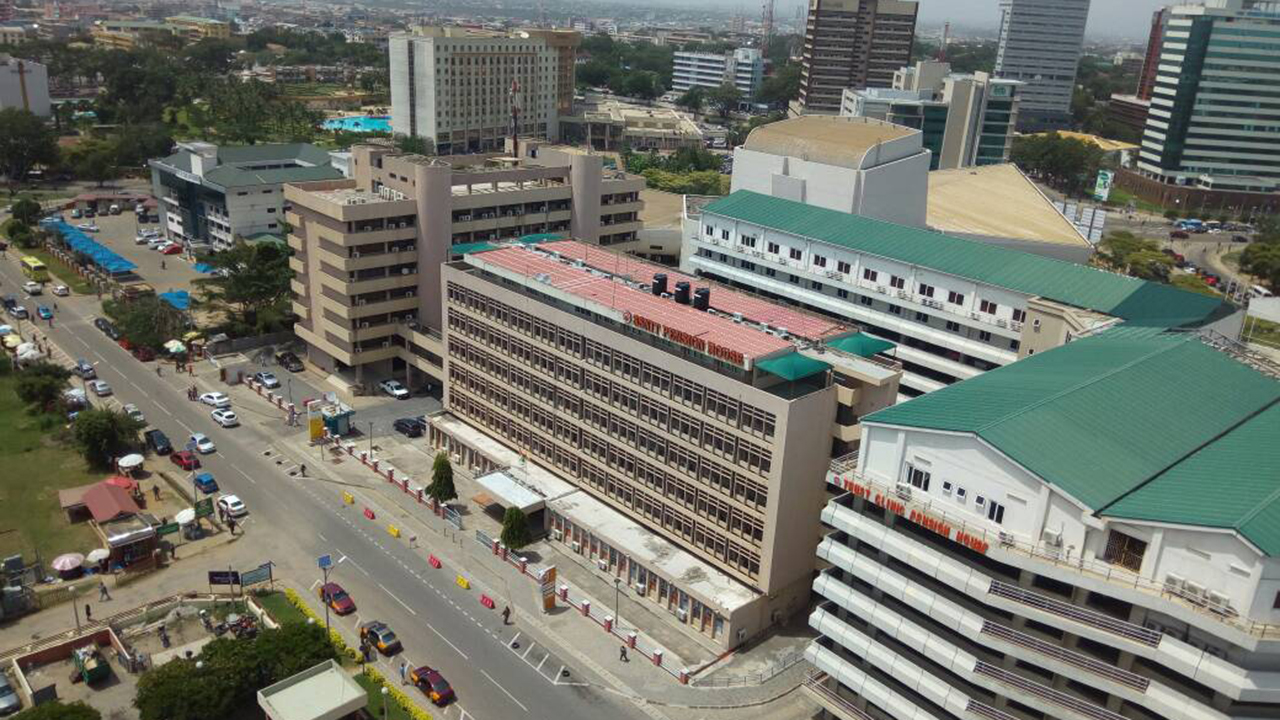
Representatives of the African local and regional governments have called on countries to provide an enabling environment that will create the conditions for enhanced climate actions, and the localization of climate finance.
They also urged the Green Climate Fund to create a window for local and regional governments, as well as the African Development Bank through the Urban and Municipal Development Fund to support local and regional governments in the implementation of their climate initiatives and actions.
The city experts, who met a three day summit organized by Climate Chance Africa in Accra, Ghana also request that a local and regional readiness programme be established, funded and implemented using the national associations of local and regional governments and their continental umbrella organization, the United Cities and Local Governments of Africa (UCLG Africa) in order to contribute to building the capacity of African cities and sub national governments as well as non-state actors to be able to prepare and submit eligible projects to the climate finance institutions.
They acknowledged that the summit is the first major African climate event that took place after the UN Secretary General Climate Summit in September 2019 in New York. The participants subscribed to the UN Secretary General alert on climate emergency and call on all stakeholders to urgently act in order to avoid worsening the situation of global warming and to address the challenges brought about by climate change.
A recent IPBES 7 – IPCC special report on climate change and Land-use – IPCC 1.5 report) warned that life is from now on at risk on the planet, in which environment, biodiversity and ecosystems are, more than ever, endangered by collective incapacity to act and transform model of development in order to protect and restore nature.
They recognised that the full implementation of the current Nationally Determined Contributions (NDCs) subscribed for the implementation of the Paris Agreement will not be sufficient to close the ‘ambition gap’ to limit global warming to 1.5 °C above pre-industrialization era.
“Conscious of the fact that the fight against climate change will be won or lost in cities and other sub national governments, and that this battle will certainly not be won if climate action does not become everybody’s business at all levels of government as quickly as possible,” they said.
While calling attention to the fact that African priorities on climate actions focus mainly on adaptation to climate change and access to energy, they recommended a balance in funding between climate actions addressing mitigation and adaptation.
“Considering that in this global context, as a region of the world already home to nearly half of the earth’s human population below the age of 18, and that will become the most populated region of the world before the end of the 21st century. Being also the continent least embedded in the fossil energy dependent economy, Africa has the responsibility to pave the way to the transition towards low carbon economy.”
“We further recommend that the recourse to clean energy sources such as solar and wind energy be prioritized when defining strategies to bridge the energy gap in Africa. We propose the involvement of local and regional governments in the implementation of this strategy,” the stakeholders said.
The senior officials of governments strongly supported the proposal by UCLG Africa Climate Task Force to initiate a bottom-up approach to the revision process of the NDCs starting with the elaboration of locally determined contributions (LDCs) feeding into the NDCs.
“This approach should be disseminated through the national associations of local and regional governments and UCLG Africa, in order to accelerate ownership of the climate agenda by all relevant stakeholders, and ensure alignment of climate actions at all levels of government while at the same time addressing coordination and coherence within the framework defined by the Katowice Rule book.
They strongly encouraged African local governments to join the Covenant of Mayors in Sub-Saharan Africa, as the only movement driven by the local governments, by implementing effective actions on energy access, adaptation and mitigation and by setting ambitious targets through their local climate action plans.






